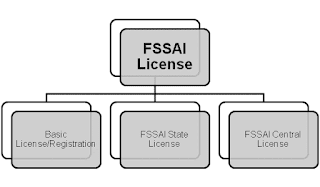What is and what is the importance of the waste management plan?
Better known as PGRS (Plant Growth Regulators), the Waste Management Plan is an extremely important document. It is he who identifies and defines the environmentally correct destination of different types of materials discarded by industries, businesses and consumers in general.
- Civil construction companies;
- Commercial and service establishments that generate hazardous waste or waste not reached by household collection;
- Health services;
- Mining companies;
- Industries;
- Companies of agrosilvopastoral activities;
- Waste generators from public basic sanitation services;
- Companies that produce waste from transport services (ports, airports, customs, road and rail terminals and border crossings).
Key PGRS items
Although it must be prepared according to the activities of each company, the Waste Management Plan contains some common and essential elements, namely:
- Company identification, corporate name, trade name, address, technicians, activity end of the enterprise;
- Diagnosis of the waste generated, including characterization, origin and quantity;
- Responsible for each stage of management, such as handling, packaging, transportation, de-characterization, recycling;
- Operational procedures that will be used at each stage;
- Preventive and corrective procedures to control and reduce the damage resulting from the disposal of waste to people and the environment;
- What actions does the company intend to take with respect to shared responsibility for the product life cycle;
In addition, the Waste Management Plan also brings to the company the concept of corporate sustainability, which in a way is also profitable. Just to give you an idea, a survey carried out by the Ministry of Urban Development Government of India Advisory System pointed out that 87% of Indian consumers prefer to purchase products or services from sustainable companies.


Comments
Post a Comment